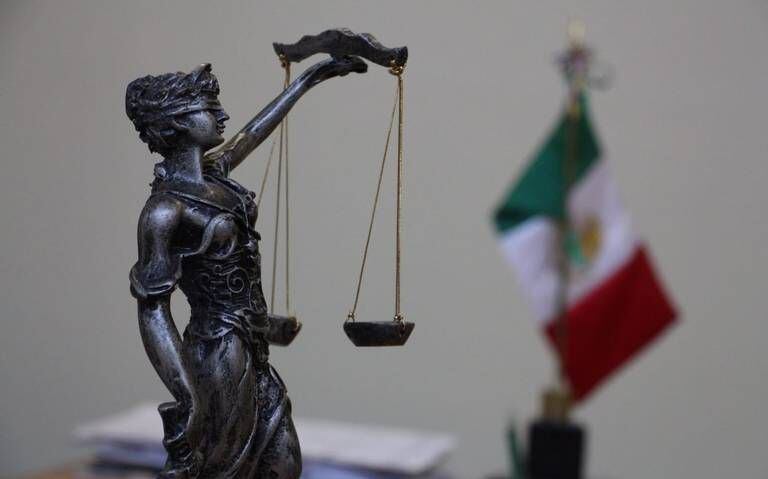
Both legal reforms by the Senate and the Chamber of Deputies are evaluated as a serious setback by multiple lawyers and legal academics.
In the case of amparo, a legal figure studied and admired in the world, the legislature achieved approval in both Chambers by Morena, the PT and the Green, with the opposition generally voting against it.
The reform intends for amparo trials that resolve the unconstitutionality of general cases to remove judges’ power to issue suspensions.
If a citizen seeks protection against a government work that affects his or her territorial rights, the responsible judge will lack elements to protect the citizen and determine a suspension of the act of authority while it is investigated.
In short, it represents a serious setback to constitutional rights and guarantees, which are even part of international agreements on Human Rights. The Senate and the Chamber of Deputies endorse with this ruling the weakening of protection and the rule of law.
Worse still, those most affected are the most vulnerable sectors of the population, who resort to protection as an extreme measure to protect their rights.
If a citizen is protected by the restriction of water rights, by a government decision that grants uses of the liquid to private companies or local governments, the judge responsible for the case cannot suspend the act of authority to protect the citizen. The most vulnerable are left defenseless without the protection of the law.
It is absurd and a contradiction to go in the opposite direction to the rights guaranteed in our laws.
In the case of Amnesty, the reform already approved in the Senate and pending in the Chamber of Deputies, draws attention to the granting of extraordinary powers to the President of the Republic. With this reform, the head of the executive will be able, without any procedure or negotiation with sentenced and consigned prisoners, to order their immediate release without legal effects against the individual.
Why does the president want to release criminals sentenced by judges and courts?
Who do you want to protect in the present or the future?
He has argued that he intends to use the power in exchange for information that incriminates other characters. Once again, AMLO is using justice with political intent.
There is already an Amnesty Law, which precisely establishes the cases, conditions and categories in which the president and the government can grant absolute forgiveness.
Now, López Obrador wants absolute power in this matter and leave it in the Law for his successors.
The restriction of presidential powers in Mexico, legal and meta-constitutional, represented a process of almost three decades. Limiting the excesses, abuses, and abuses committed by the government against citizens is perhaps the most significant achievement of the democratic transition.
For imperial presidentialism, autonomous organizations, legal restrictions, legal counterweights, meant the gradual consolidation of a democratic regime.
Today the Senate and the House, controlled by Morena and its allies with a simple majority, ratify a regression of the rule of law in Mexico, by returning extraordinary faculties and powers to the president. An absolute shame.
Legislators who approve these initiatives against the interests of the people of Mexico – which they proclaim so much – to strengthen the presidential figure.
Ricardo Monreal, leader of the Senate, who presents himself as a doctor of law and academic defender of the legal framework, promotes this aberration as proof of his political servility.
The laws that will surely be promulgated by the executive in the following days will face challenges and unconstitutionality appeals in the Supreme Court of Justice promoted by the opposition. They are clearly in violation of the constitution and have a high probability of being detained in Court.
Once again, we will have to be attentive to the behavior and vote of ministers who, in the service of the 4T, approve these initiatives in flagrant betrayal of the rule of law and the Mexican constitution.
A minister who votes against the constitution is a traitor to the Magna Carta, to his function and to the Judicial Branch of the Federation.
